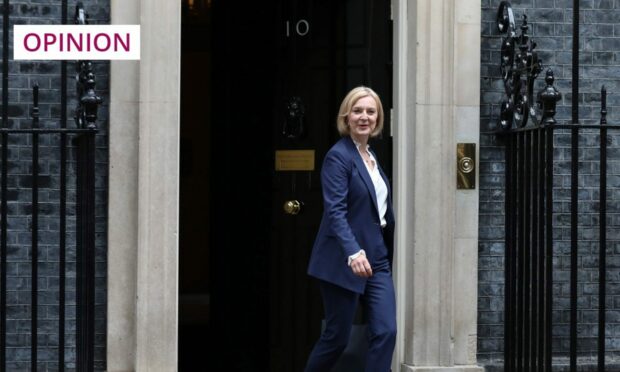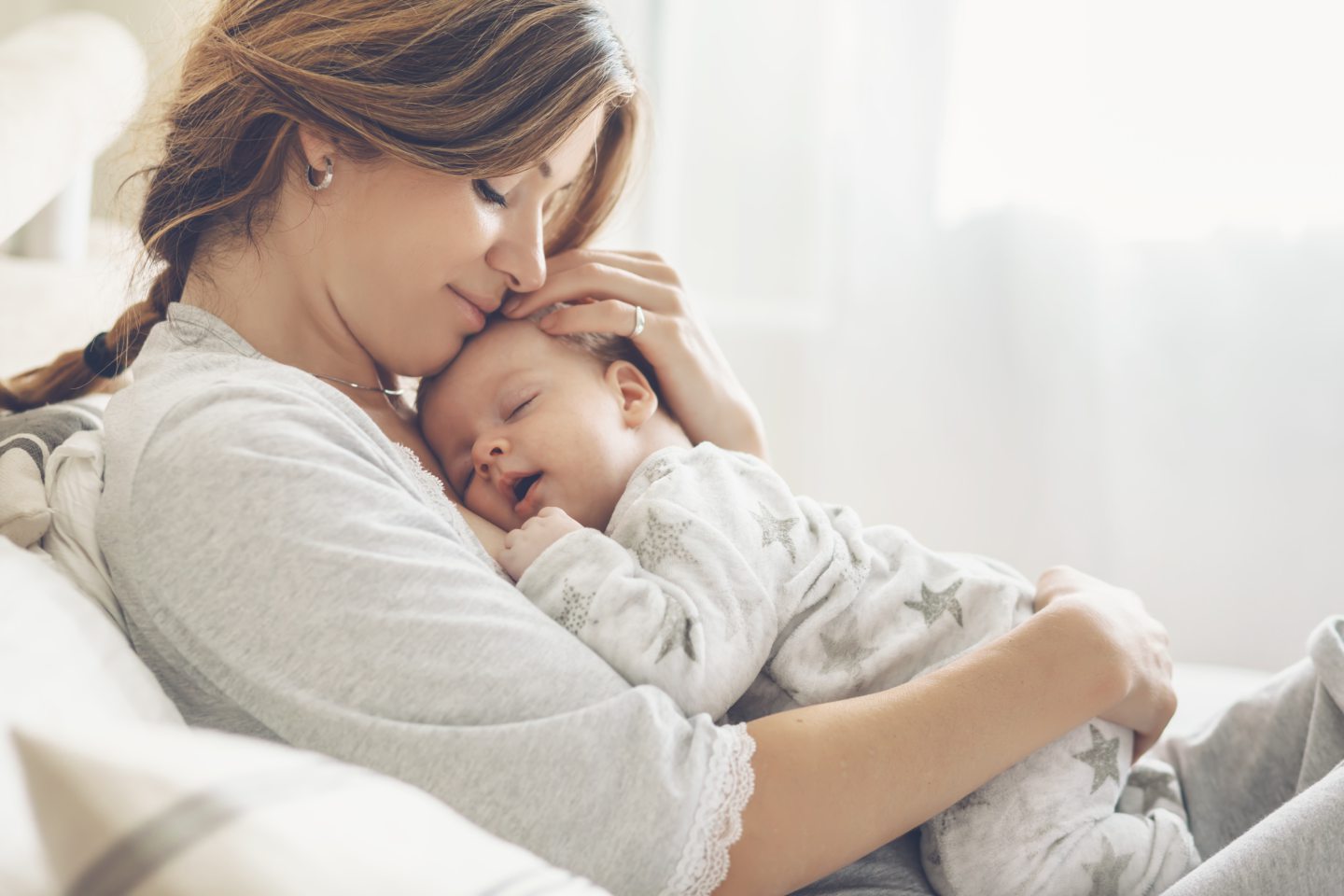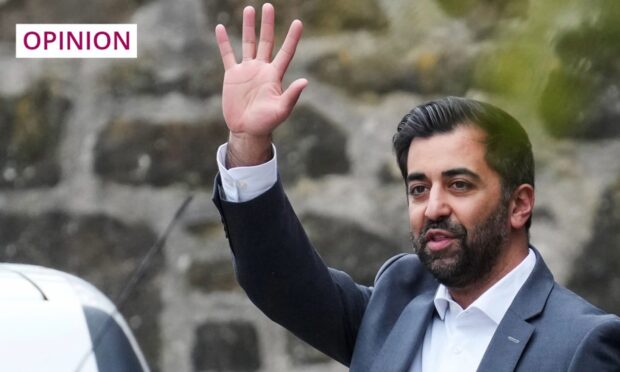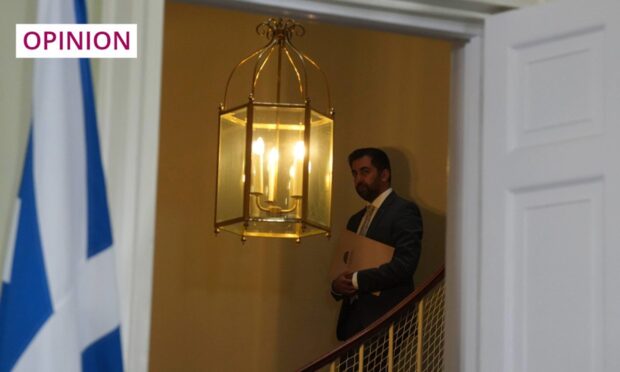So, we have a new female prime minister, the third female Conservative prime minister.
Does this mean any kind of protection for us and our reproductive rights?
Perhaps we should be relieved that it’s not Jacob Rees-Mogg in charge of the country, who we know to be so vehemently anti-abortion that he even opposes abortion in cases of rape or incest. (Mind you, he’s in charge of climate, which isn’t exactly helpful to any of us.)
Truss’s new cabinet consists of 15 men and eight women. Of the eight women, six went against the advice of key medical institutions (including the Royal College of Obstetricians and Gynaecologists, the Royal College of Midwives and the British Medical Association) and opposed the continuation of at-home medical abortions in England. Fortunately, the vote was won, despite substantial Tory opposition, by 212 votes to 184.

The majority of the new cabinet have indicated with their votes that they believe it is fine for accessing abortion to become more difficult again. None of them support efforts to stop women from being harassed outside medical clinics by anti-choice campaigners. This is escalating, with patients and staff facing intimidation while seeking to access and provide an NHS-funded service.
Should we be looking to Nadhim Zahawi, the UK Government’s new equalities minister (the “women’s” bit having been removed from the job title) for support? Unlikely. He abstained on votes to introduce buffer zones around abortion clinics, to extend the pills-by-post scheme, and to decriminalise abortion in the UK.
Does Truss’s cabinet reflect public opinion?
Public support for abortion increased from 70% of adults in 2017 to 90% in 2020, yet Liz Truss’s cabinet appears to be dancing to a different tune than that of the majority of the population.
Her new health minister, and close friend, Thérèse Coffey, is a real focus of concern for campaigners for reproductive choice. In 2010, the newly elected Coffey sponsored an early day motion calling for women who wanted an abortion to be subjected to a mental health assessment and possibly counselling.
Along with her colleague, Rees-Mogg, Coffey attempted to block abortion rights for women in Northern Ireland. Following the US Supreme Court’s terrifying decision to repeal Roe v Wade, she said: “I would prefer that people didn’t have abortions, but I am not going to condemn people that do.”
The new Health Secretary has previously voted against abortion rights – is @theresecoffey anti-abortion?
“I’m a complete democrat… it’s not that I’m seeking to undo abortion laws”#KayBurley #NewPrimeMinister JP pic.twitter.com/AQaPTtOwke
— Kay Burley (@KayBurley) September 7, 2022
I personally don’t find it reassuring that Coffey, who is actively anti-abortion, now has the ultimate authority over all abortion provisions in England.
What of the rest of the new cabinet? Suella Braverman, our new home secretary, has repeatedly voted against abortion rights. In 2017, she voted against decriminalising abortion; in 2019, she opposed a motion to extend abortion rights in Northern Ireland; and in 2022, she opposed making at-home abortions permanent.
Trade secretary Kemi Badenoch has mainly abstained on these votes. Secretary for work and pensions Chloe Smith voted against making the pills-by-post scheme permanent. Chief whip Wendy Morton has mostly abstained from votes on abortion rights, with two exceptions: in 2015, she voted against decriminalising abortion in the UK and, in 2022, she voted against keeping the option of at-home abortions.
The PM’s policies disproportionately harm women
What will be the future of women’s rights under this new female prime minister? Liz Truss was appointed women and equalities minister in 2019. During her tenure in that role, rape convictions plummeted to the lowest number on record, and the country watched as the horrific murders of young women continued to dominate the news.
Workers in the public sector, more likely to be women, are taking the biggest cuts in pay
In response, Truss said: “Through increased police training, new offences, faster processes for rape victims and our Domestic Abuse Register, we will ensure victims are protected, and crimes are prevented in the first place.” These improvements have not materialised.
What about caring responsibilities, particularly childcare? The UK has one of the most expensive childcare models in the world, with only Switzerland and Slovakia being more costly. The unaffordability of nurseries and childminders push many women out of the workplace.
Truss doesn’t have much care for ordinary women at all. In fact, the austerity policies she champions disproportionately harm them. Women are more likely to be poor, more likely to be dependent on benefits, more likely to spend a greater proportion of their income on housing. Women earn less on average than men, and are more likely to have caring responsibilities.
Consumer inflation – the price of essential goods and services such as food, fuel and energy – is currently at a 40-year high of 10.1%. The last time inflation was at this rate, Truss’s heroine, Margaret Thatcher, was in power. Workers in the public sector, more likely to be women, are taking the biggest cuts in pay.
In 2019, Liz Truss famously described herself as a “Destiny’s Child feminist”. In this climate, are we hopeful about her feminism and her impact on the lives of women?
As Destiny’s Child would say: “No, no, no…”
Donna McLean is originally from Ayrshire and is a mum of twins, writer and activist












Conversation